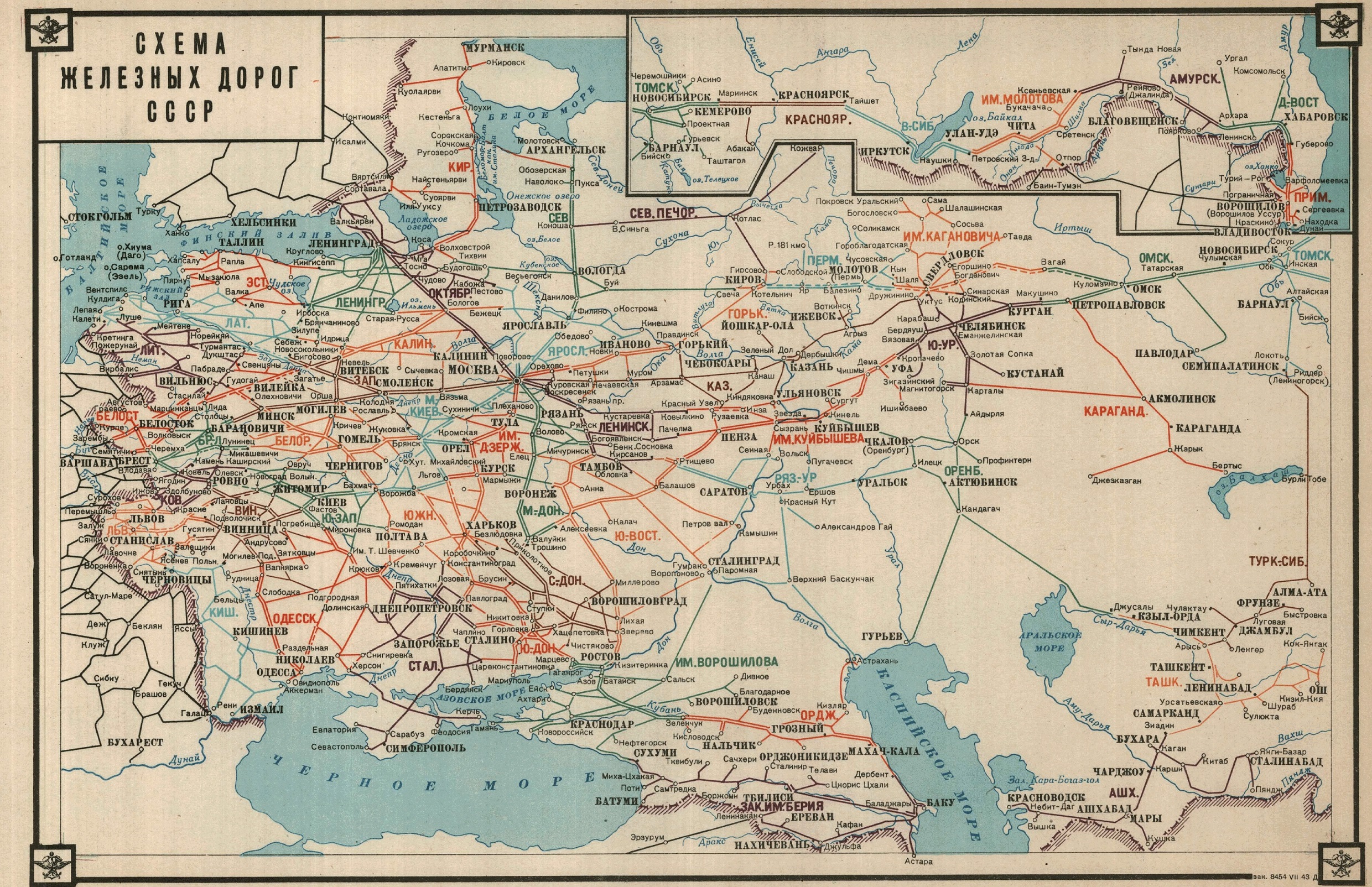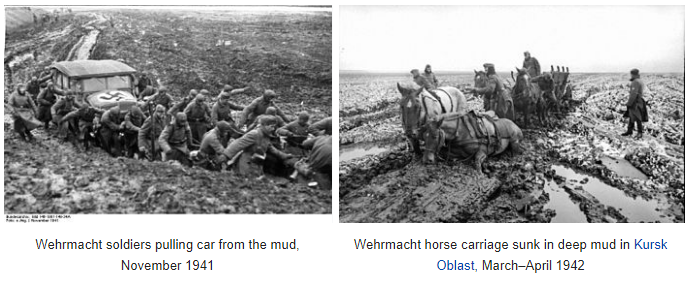To try to get an answer to this question, I would like to explore its factual bases, including, but not limited to the following:
1) How did the road/railroad communication network west of Smolensk back to German "staging" points in Poland (e.g. Warsaw) compare to communications between Smolensk and Moscow?
2) The Soviets defended themselves in part by practicing a scorched earth policy.How effectively was this policy applied west of Smolensk as opposed to east of Smolensk?
3) Germany occupied western Poland for 20 months (October 1939-May 1941), before the invasion of the Soviet Union, and presumably upgraded the infrastructure to support the future invasion. Does this suggest that the Germans could have done something in the ten months from August, 1941 to June 1942 to upgrade the lines of communication from the 1939 border to Smolensk? Or was the communications across western Poland part of the problem, meaning that the line of communications basically went all the way back to Germany?
I'm assuming that Germany's problems east of Smolensk were mainly logistical (including weather related), because she actually faced better trained/armed Soviet armies west of Smolensk than east of it.

